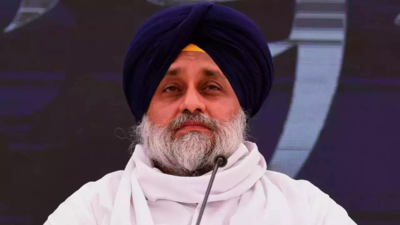
The high priests, representing key Sikh institutions, have determined that Badal's actions during the coalition's governance period violated religious principles. This decision underscores the ongoing scrutiny of political figures within the Sikh community and reflects the high moral and ethical standards upheld by the Sikh religious leadership.
Badal, acknowledging the gravity of the verdict, has expressed his commitment to comply with the directive. He has announced plans to appear before the Akal Takht, signaling his willingness to make amends and seek absolution for his past conduct. This move is seen as a significant step towards addressing the concerns raised by the Sikh high priests and restoring faith within the community.
In addition to Badal, other ministers who served during the same period have been instructed to appear before the Akal Takht within the next 15 days. This collective accountability aims to address any similar issues stemming from the administration's policies and actions during the specified timeframe. The Akal Takht's role in adjudicating these matters highlights its position as a crucial arbiter in resolving religious and ethical disputes within the Sikh community.
The order to seek forgiveness comes at a time of heightened scrutiny and accountability for political leaders in Punjab. The Sikh community's demand for transparency and adherence to religious principles continues to shape the political landscape, emphasizing the importance of ethical governance and religious integrity.
The high priests' ruling and subsequent actions reflect a broader movement within the Sikh community to hold political leaders accountable and ensure that their actions align with the community's values and principles. The outcome of this situation will likely influence future interactions between political figures and religious institutions in Punjab.
As Badal prepares to address the Akal Takht, the implications of this directive extend beyond his individual case. The response from other political leaders and the Sikh community will be crucial in determining the future dynamics of political and religious interactions in the region.
